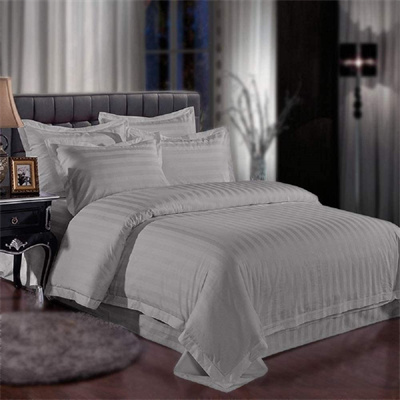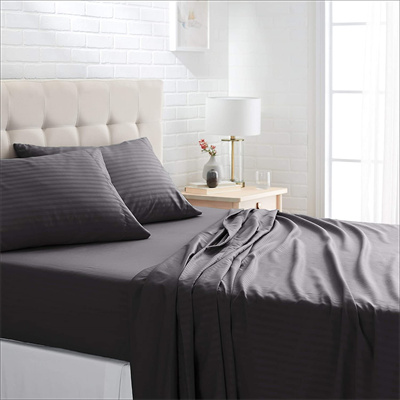Many people think that sleeping on a “hard bed” is good for health, so they just put a thin sheet on the bed and go to bed. Is this scientific? Is sleeping on a “hard bed” really good for our body?
01. Sleeping on a hard bed ≠ only sleeping on a hard bed
It is often said that sleeping on a hard bed can treat lumbar spondylosis, so many people who suffer from lumbar spondylopathy tend to choose hard beds to sleep.
In fact, this is a big misunderstanding. Sleeping on a hard bed is not the same as sleeping on a hard bed board. Rather, it is still necessary to have a certain soft mattress to support it to a relatively hard level.
The normal physiological structure of the human spine presents an S-shaped physiological curve from the side. If you sleep on a board bed that is too hard, it cannot match the normal curve of the human spine, and the waist cannot be supported. After a long time, it is easy to cause strain, aggravate back pain, etc. symptom.
A bed that is too hard has a certain effect on the protruding bones and joints of the body. Sleeping on a bed that is too hard has only the head, back, buttocks, and heels to withstand the pressure, and the spine will be in a state of stiffness and tension, requiring back muscles Support, the relaxation effect that should not be achieved during sleep.
Secondly, not all doctors of lumbar spine diseases will recommend sleeping on a hard bed. In clinical treatment, sleeping on a hard bed or a soft bed should be determined according to the patient’s own condition. There are many lumbar diseases, such as lumbar instability, lumbar disc herniation, and The symptoms of simple lumbar disc degeneration, etc., are basically low back pain.
If the cause of the patient’s waist pain level is different, then the things that he needs to pay attention to in daily life are also different, and not all people are suitable for sleeping on a hard bed.
Which type of patient is suitable for sleeping on a hard bed?
For some patients with specific lumbar spine disorders, doctors will recommend hard beds during clinical treatment, such as those with unstable lumbar spine, that is, excessive movement between the lumbar spine and the lumbar spine.
Such people generally have symptoms such as pain when turning over at night, and being unable to straighten up when bent down, so when sleeping on a soft bed, their waist will sink, which may aggravate the waist disease. At this time, sleeping on a harder bed will help the patient himself.
02. Westerners sleep on soft mattresses? The softer the mattress, the better?
Some people have said that Westerners usually sleep on soft mattresses, so the softer the bed, the better? the answer is negative. If you lie on a bed that is too soft, your spine will bend and you will easily feel back pain.
In the long-term, this will cause the middle of the body to sink, the upper muscles of the body will relax, and the lower muscles will be tightened, which will easily cause psoas muscle and bone strain, and even cause the spine to bend or twist! If a child in the growth and development stage sleeps on a soft bed for a long time, it will affect the development of the spine and easily lead to hunchback and bending and deformation of the spine.
In general, whether to sleep on a hard bed or a soft bed, you should choose the most suitable hardness according to your own situation. If you are not sure about your specific situation, it is recommended to consult the customer’s lady which is more suitable for you. For patients with lumbar spine diseases, the mattress should be selected according to the doctor’s recommendation。








